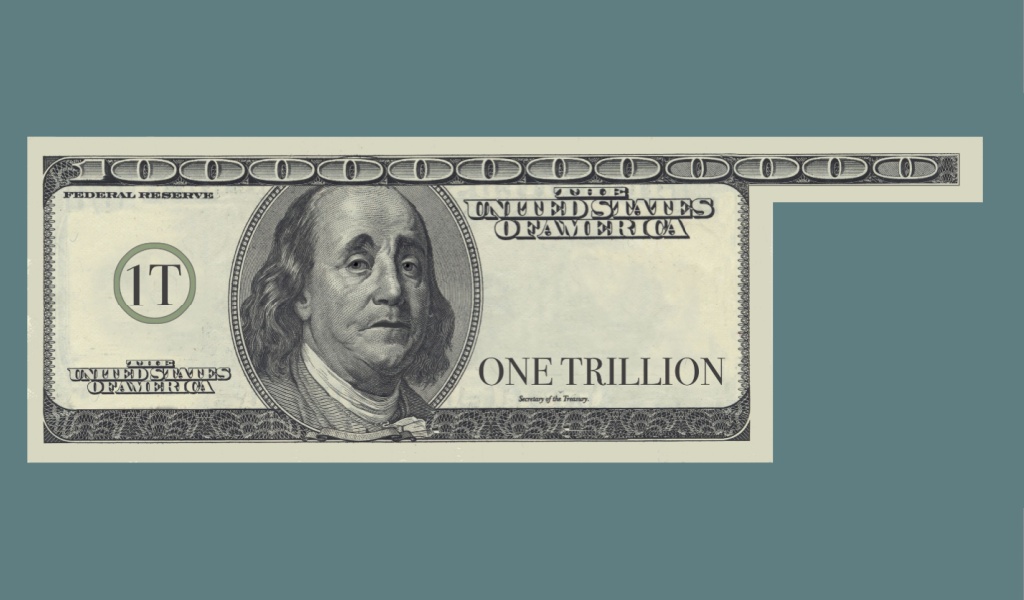You’ve probably heard the phrase “money can’t buy happiness”. Well, according to research that’s not actually true!
Think about it. In the midst of a global pandemic, this might be the best time to reflect upon it. You would be happier spending months of lockdown in luxury home with all the amenities you would need rather than a dingy apartment you can barely manage to pay rent for because you are no longer working, wouldn’t you?
A turbulent economy, pay cuts, record-levels of unemployment, and more make the gap between the rich and poor wider as the seconds roll by. So there’s no doubt that money can bring you happiness, but how big of a factor is it? Researchers may have the answer. They say that while the amount of money is important to happiness, what may matter more is the ways in which you choose to spend it.

Does the Perfect Salary Exist?
It’s no secret that all of us are motivated to increase our incomes. You strive to get a job and then you strive to get promoted at it – constantly. But when does it become too much of a good thing?
According to a study conducted at Princeton University, a person’s happiness levels kept increasing the more money they make, until it reaches $75,000 a year. Beyond this, making more money didn’t increase their emotional well-being, but it did increase their life satisfaction.
That study happened about a decade ago, but a more recent one conducted at Purdue in 2018 seems to more or less agree. They found that people who earned between $60,000 and $75,000 a year ensured emotional well-being, while $95,000 a year was crowned as the “ideal” income as those with such an income had a “satisfied life”.

The Curse of the Rich
Interestingly, the Purdue study also found that once a person reached an income level of more than $105,000, their happiness levels actually decreased!
This shows that being rich is relative. As humans, we are constantly comparing ourselves to others. If we feel that we are unable to maintain the same standard of living as our peers (which, at $105k a year, is safe to say the “rich crowd”), we feel unhappy.
In this sense, clearly, money DOESN’T makes you happy. So, what does?
Make Your Purpose More than Money
Ultimately, it’s your purpose in life that will give you satisfaction. Research shows that the constant chasing of a higher salary often takes over job satisfaction. Instead of focusing on which job will give you the most salary, you should focus on which job will help you display your full potential and allow you to bring your own experiences and values to the work to bring about a betterment. It should help bring you a sense of purpose.
A creative person would feel stifled at a desk job. If you love making art, or teaching, or whatever it may, find a way to make it happen. When humans engage in activities that challenge them, interest them and they find satisfying, they have the “optimal experience”. Imagine if that was your job!
In 2018, BetterUp conducted a survey in which 90% of the participants voted that they’d take a 23% cut in future earnings to have more meaningful jobs. So why don’t people make the switch to lower-paying, but more satisfying, jobs?

Money, of course, is the answer. It’s hard to see a smaller number on the paper, especially when you’ve been earning more. So we continue working jobs we hate, just because we’re convinced that we “need” that money to fund the lifestyle we’ve gotten used to.
Experts are now redefining the meaning of success, comparing it to being content versus making a lot of money. There are people who makeup to $12 million a year and are still unhappy! But if you’re not ready to take that pay cut, maybe there are some other things you can add into your daily lives that will act as an outlet for your strengths. Be it helping people at the office, creating art in your downtime, or even working a part-time job.
The Key to Happiness
You can have all the money in the world, but it matters more to your happiness how you choose to spend it. Buying one meaningless thing after the other isn’t going to do anything, but spending that money on personal growth, contributing to the betterment of the community, helping and connecting with others – these are all things that will increase your happiness meter.
According to studies, in order to be happy, you should be spending on experiences and not materialistic purchases. In 2017, a study concluded that people who spent money on time-conserving services like hiring someone to clean their homes and run errands or ordering food from restaurants were generally more satisfied in life. As you begin to make changes in your lifestyle and spending habits, actively trying to understand what makes YOU happy is very important.



